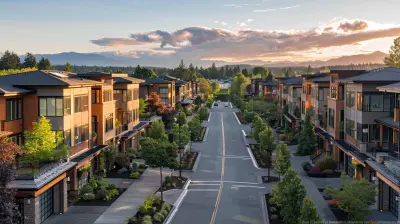Suburban Homes: Understanding Property Taxes and Local Schools
23 July 2025
Thinking of moving to the suburbs? You’re not alone. With more people craving a quieter lifestyle, a backyard for the kids (and dogs), and maybe just a break from the city grind, suburban homes are becoming hot property. But here's the catch—not all suburbs are created equal. Two big things you’ll want to understand before signing those papers? Property taxes and the local school system.
Yep, these two can make or break your suburban dream. Let’s break it all down, shall we?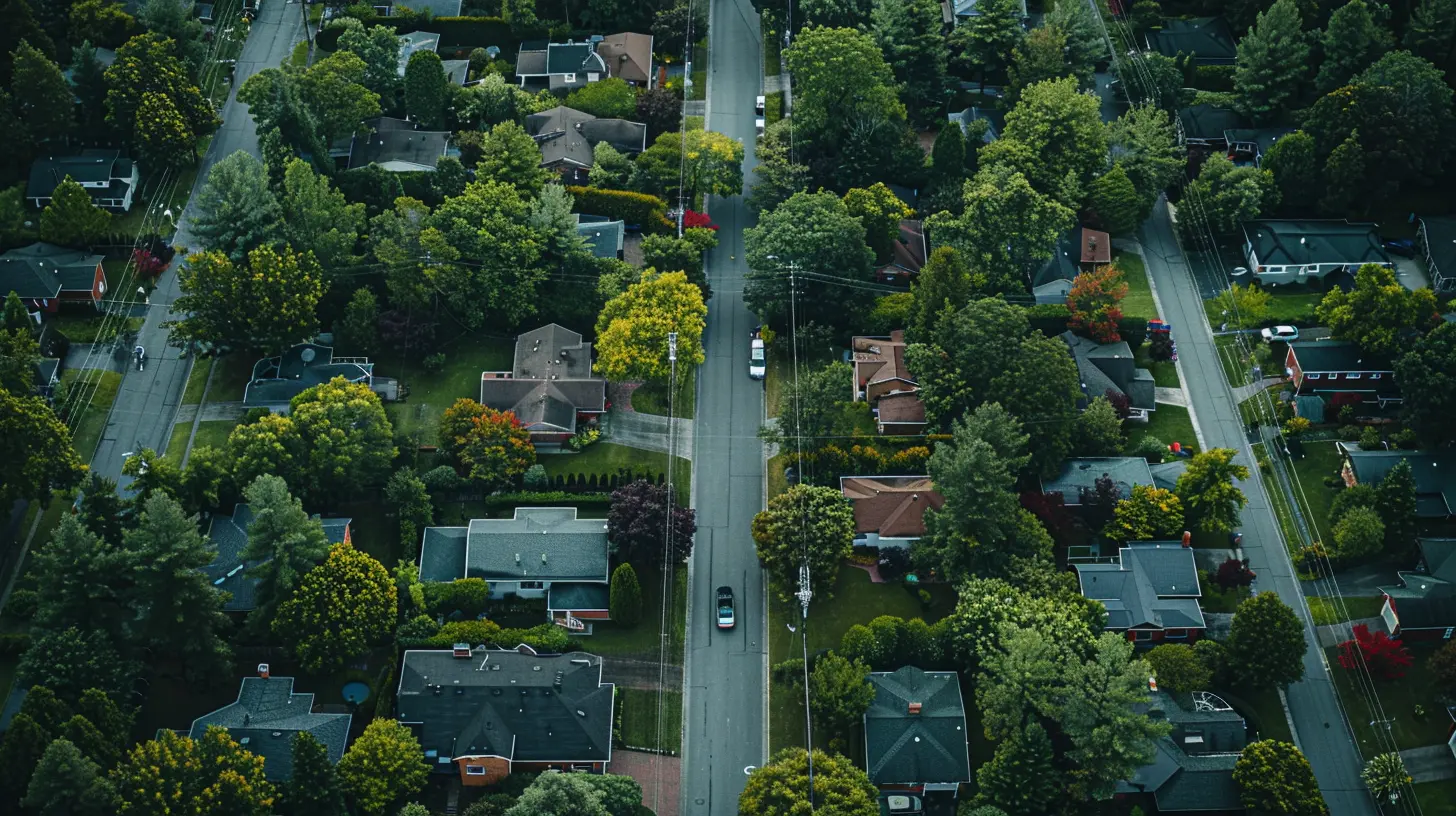
Why Property Taxes Matter More Than You Think
So, you found your dream house in a cozy cul-de-sac. Great schools. Decent commute. Freshly painted porch. But wait—what’s that property tax bill going to look like?What Are Property Taxes, Anyway?
Imagine your local government holding out its hand every year and saying, “Hey, remember us? We keep the lights on, the streets clean, the schools open. Now pay up.” That’s basically property tax in a nutshell.Property taxes are charged based on the assessed value of your home and the tax rate set by your local government. These taxes fund public services like:
- Public schools
- Police and fire departments
- Street maintenance
- Parks and libraries
So when you're paying property taxes, you're investing in your community. But, like any investment, you want to make sure you're getting your money’s worth.
How Much Can Property Taxes Vary?
A lot. We're talking thousands of dollars. Even neighborhoods just a few miles apart can have totally different tax rates. The reason? Different counties, different school districts, different budgets.Let’s say you’re comparing two homes—one in County A with low property taxes and one in County B with high taxes. At first glance, County A might look like the better deal. But here’s the catch: lower taxes might mean underfunded schools, fewer public services, or less upkeep in the area.
Tip: Always Check the Mill Rate
This little number is your key to understanding what you're about to pay. The mill rate (or millage rate) determines how much you pay per $1,000 of your home's assessed value. Higher mill rate = higher taxes. Simple as that.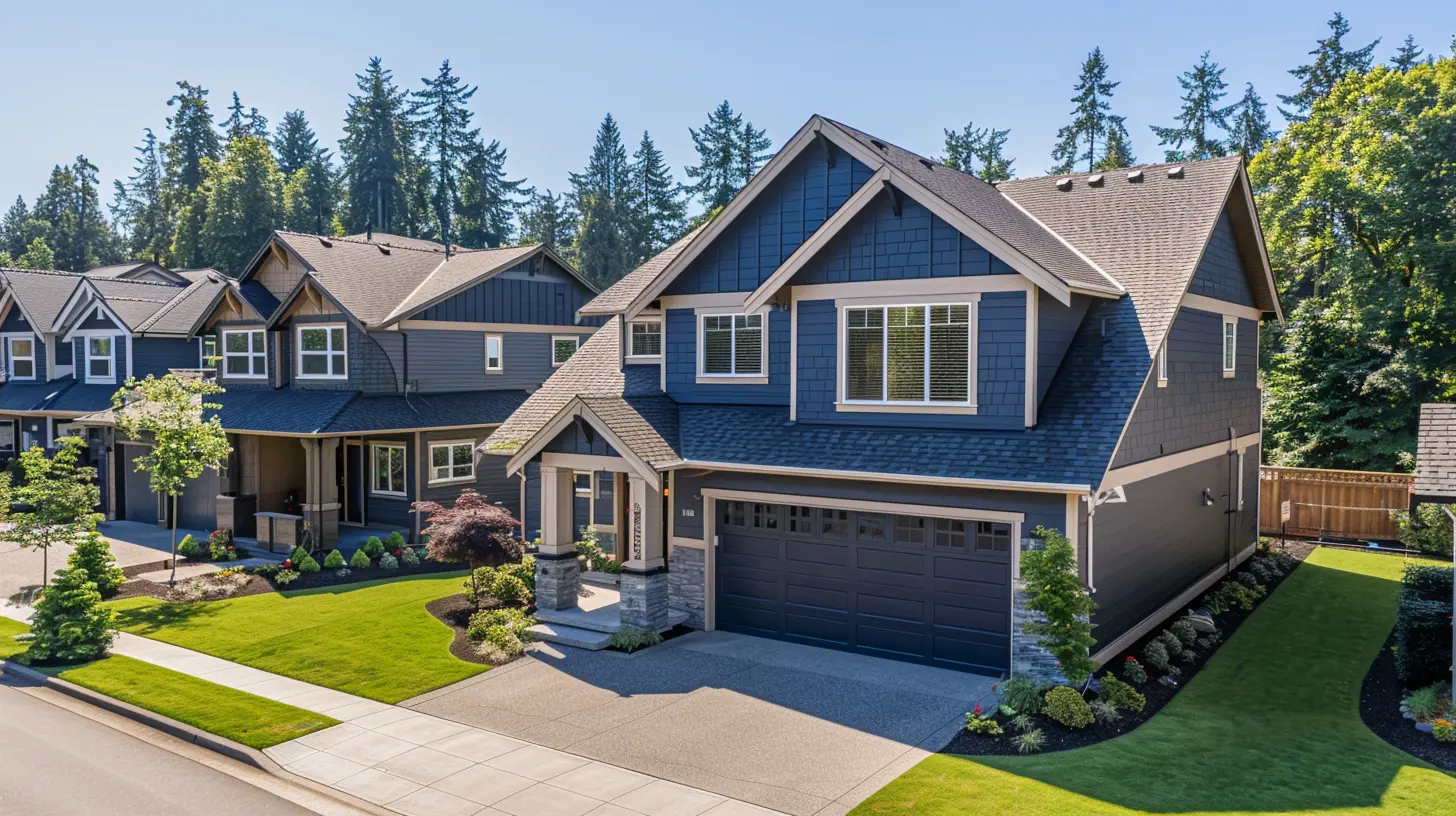
The Real Cost of “Good Schools”
Let’s talk local schools. You’ve probably heard it a hundred times—“buy in a good school district.” But what does that really mean?Why Schools Can Drive Property Values
Here's the deal. Good schools increase property value. Period. Homes in top-rated school districts are in high demand, and that pushes prices up. Even if you don’t have kids, living in a district with excellent schools can be a smart investment.Think about it—those other potential buyers down the line? Many will have families and will pay a premium for a home near top schools.
How Do You Know if a School is “Good”?
Don't just go by word of mouth. Use resources like:- GreatSchools.org for ratings and parent reviews
- State Department of Education websites for performance reports
- Local school tours and open houses (yep, you can attend even without kids!)
Look at graduation rates, test scores, teacher-to-student ratios, and extracurricular offerings. Also ask locals. They usually give the real scoop.
Higher Taxes = Better Schools?
Often, yes. It’s not a perfect rule, but generally communities with higher property taxes tend to invest more in their public schools. That extra funding can mean better facilities, more experienced teachers, and richer programs.Of course, there are exceptions. That’s why it’s key to compare what you're paying versus what you're getting.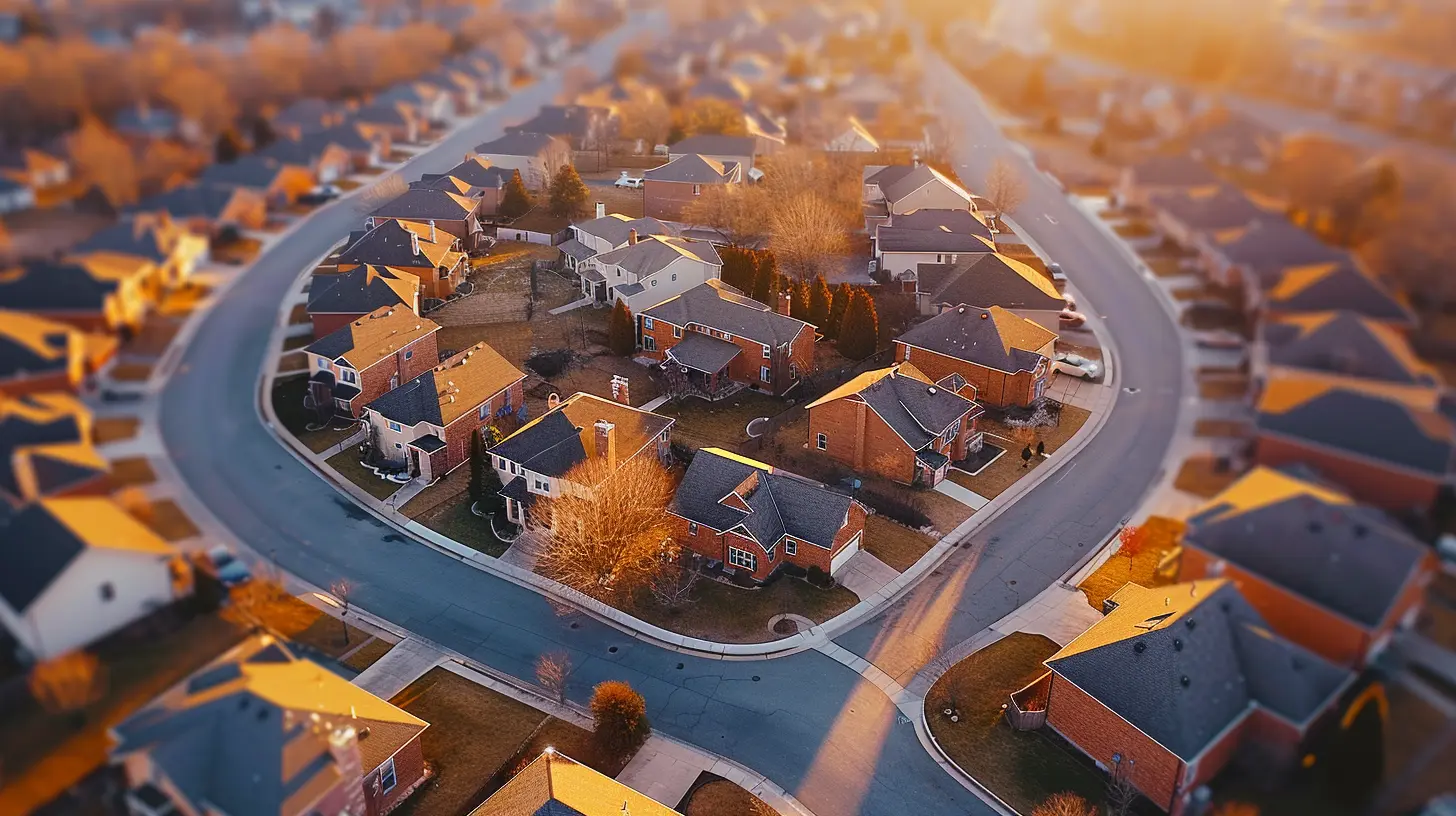
The Tax-School Trade-Off: What’s Right for You?
Choosing between lower property taxes and better schools? That’s a real dilemma. Here’s a quick way to think about it.If You Have Kids
This one might be obvious. A strong school district could mean a better education for your children and fewer costs on tutors or private schools. You’re investing now to avoid paying more later.If You Don’t Have Kids
No kids? Don’t brush off school quality just yet. Like we said earlier, homes in better school districts usually hold value better and are easier to sell. Plus, stronger communities often come with more amenities and lower crime rates.If You’re Retired or Close to Retirement
This one’s tricky. You might not benefit directly from schools anymore, and rising property taxes could eat into your fixed income. But you’ll also want your home to hold its value. It’s about balance.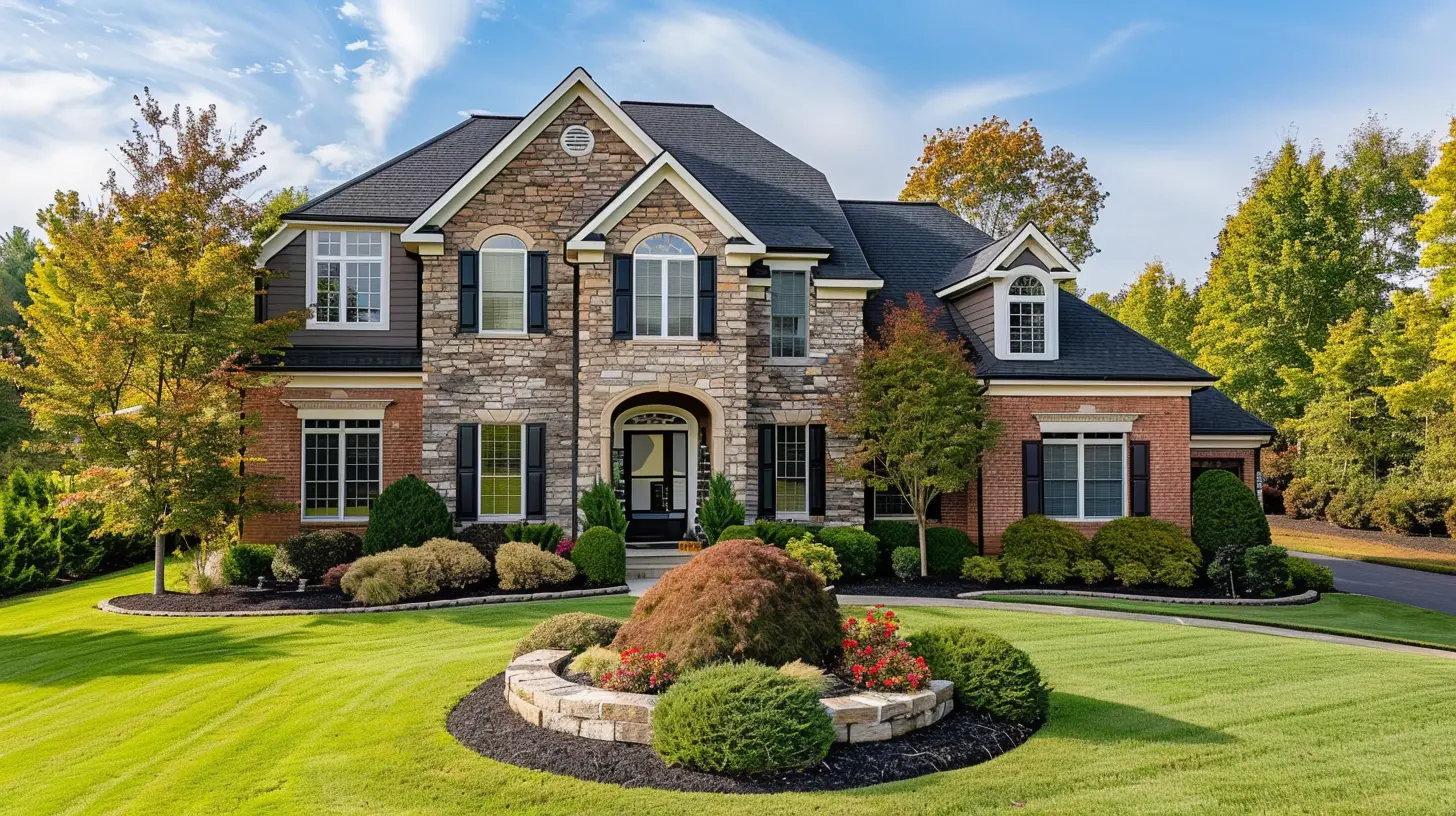
Other Things That Come Into Play
Neighborhood Amenities Matter
Don’t just focus on schools and taxes. Look at the bigger picture. How’s the infrastructure? Are there nearby parks, grocery stores, medical facilities?A suburb with a slightly higher tax bill might actually give you more bang for your buck in daily living quality.
Consider Future Tax Increases
Property taxes aren’t stagnant. They can—and often do—increase, especially in growing communities. New schools get built. Roads updated. That costs money.Ask your realtor or the city planning department if there are any upcoming bond measures or development plans that could hike up your taxes.
Look Beyond the "Now"
Sure, you might be focused on whether you can afford the mortgage payment today. But think long-term. Are the schools improving or declining? Are taxes stable or climbing? Look at trends. They can tell you where the neighborhood is headed.How to Do Your Homework Before You Buy
1. Talk to Locals
This is gold. Knock on a few doors. Ask people if they’re happy with the schools. Are they okay with the taxes they’re paying? Most people will give you the honest lowdown.2. Dive Into the School Report Cards
These are public records. Look at year-over-year changes. Improvement is a great sign.3. Get a Tax History of the Property
Ask for the last 5-10 years of tax records. Has there been a steady rise? If yes, ask why.4. Use a Real Estate Agent Who Knows the Area
Don’t go with someone just because they’re your cousin’s friend. You need someone who really knows the local school districts, tax trends, and history of the area.Final Thoughts: Balance Is Key
Buying a suburban home isn't just about whether the porch has a swing or if the kitchen has granite countertops. It's about understanding how property taxes and school quality will affect your lifestyle, your finances, and your future.Ask yourself: Are you paying for things you’ll actually benefit from? Will your investment pay off long-term? Are you willing to trade a slightly higher tax bill for top-tier schools and a strong community?
There’s no one-size-fits-all answer. But when you’re informed, you’re empowered. And that’s the best place to be when making one of the biggest purchases of your life.
all images in this post were generated using AI tools
Category:
Suburban HomesAuthor:

Vincent Clayton
Discussion
rate this article
1 comments
Whitney McAndrews
Navigating property taxes and schools can be overwhelming; your insights truly help demystify the process.
August 5, 2025 at 12:41 PM

Vincent Clayton
Thank you! I'm glad my insights are helping to simplify the process for you.
